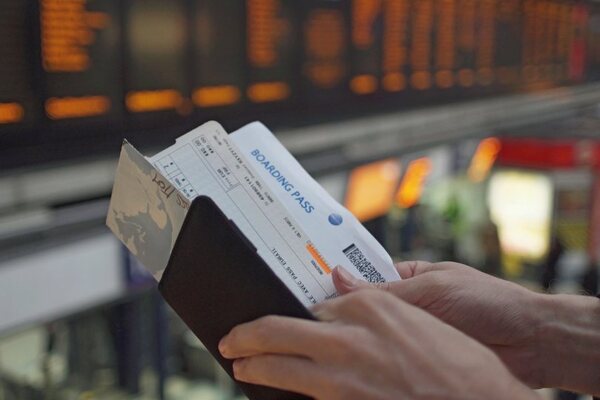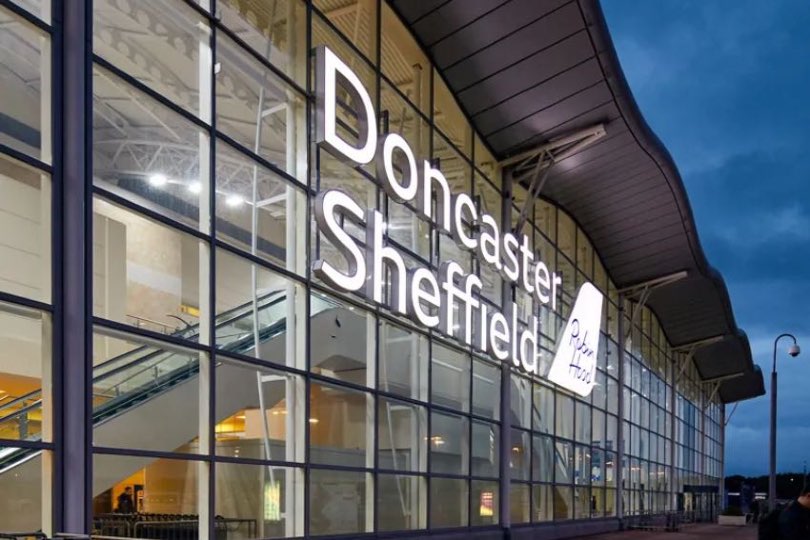Dynamic pricing: have Oasis landed travel in hot water?
 Gary Noakes
Gary NoakesDynamic pricing tactics have hit the headlines recently – so will travel face the same scrutiny the concert ticket industry has? Gary Noakes reports.
Talk of an investigation into dynamic pricing following the Oasis ticket debacle rang out in the ears of the travel industry like the aftermath of one of the Gallagher brothers’ gigs.
Dynamic pricing has been with us in travel far longer than it has the music business, but when 10 million people apply for concert tickets only to see prices leap before their eyes, you can rest assured they will look out for what they regard as similarly unfair practices when it comes to booking flights and holidays – and may not be so keen just to roll with it.
The biggest users of dynamic pricing are the airlines, but it is not the dark arts some believe it to be – and there haven’t been any Oasis-style incidents yet.
When an air fare is selected, it is removed from an inventory, ensuring it is honoured when the customer books. However, if no booking is made and the consumer returns later, they may find the fare has gone up, prompting accusations unseen forces are involved.
Airlines are keen to stress this does not mean the hand of technology has sensed the customer’s interest and raised the price just for them.
What can happen is that if the customer takes a while to decide whether to make a purchase – overnight, for example – fares can increase if, for whatever reason, a sudden spike in demand is detected by the algorithm. Similarly, revisiting a website should not prompt a price rise by itself.
An easyJet spokesperson told TTG: “Fares start low and increase as more people book. Fares rise on bookings, not interest, so once an allocation of fares at one price are sold on a flight, they generally increase with demand as the aircraft fills up.”
The legal view is also that buying travel is not comparable with purchasing concert tickets. “I don’t see the travel industry is going to be quite the same as ticket sales, although there are similarities,” said Matt Gatenby, senior partner at Travlaw.
“There is nothing wrong with dynamic pricing in essence, so long as the consumer knows what the deal is at time of purchase. Ultimately, if one price is advertised but that is not the price come purchase confirmation, there is going to be a question mark.”
Rhys Griffiths, senior partner at legal firm Fox Williams, agrees. “Dynamic pricing is not illegal in itself. The issue is how and when the dynamic nature of pricing is communicated to the customer, and the efforts made by the travel company to ensure the displayed price is the most up-to-date price.
“The regulators want the first price shown to the customer to be the one they ultimately pay. They don’t like situations where the initial headline price is lower than the price on the payment page. They are often suspicious of this as a drip-pricing strategy.”
Urgent review
Following the Oasis outcry, the Competition and Markets Authority (CMA) announced an urgent review of dynamic pricing, focusing on Ticketmaster, to see whether it breached the Consumer Protection from Unfair Trading Regulations. Ticketmaster began using dynamic pricing in 2022, arguing it permits rates closer to true market value. However, it only mentions this in its terms and conditions.
In the Oasis case, the CMA will examine whether consumers were given “clear and timely information” explaining tickets could be subject to dynamic pricing – and if they were put under pressure to buy tickets within a short period of time at a higher price than they understood they would have to pay.
The travel industry has never faced accusations of pricing dynamically in such a blatant way, and TTG understands that, for the moment at least, the watchdog is not currently proposing to widen the scope of its investigation to include travel.
A CMA spokesperson told TTG: “The CMA is urgently reviewing recent developments in the ticketing market, including the way dynamic pricing is being used in the primary market. Consumer protection law requires businesses to be fair and transparent in their dealings with consumers, and businesses must give clear and accurate information about the price people have to pay.”

However, there may be trouble ahead. Gatenby warned the CMA was a keen observer of the travel industry. “I do not see that going away,” he said.
The CMA has been given heightened powers under the Digital Markets, Competition and Consumers Act (DMCC), which became law in May. Before it was finalised, it was suggested the bill may target “drip pricing” by airlines whereby final prices rise as ancillaries such as hold baggage are added.
However, the Department for Business and Trade has said “optional fees” would not be covered by the new legislation, citing the specific examples of airline seats and luggage upgrades.
Nevertheless, the DMCC does compel sellers to state the total price, including fees, taxes and charges, as well as any variable mandatory fees and how these would be calculated. It also grants the CMA new powers to impose fines of up to 10% of global turnover from April 2025.
Uncertain future
“I think there is more reason to be concerned than currently,” Gatenby said, but added: “It does rather depend on the approach the CMA takes with its newfound powers and that is a big unknown.”
He warned: “The industry needs to be on its toes with regards to all things pricing and selling as a result of increased consumer knowledge following examples like the Oasis tickets and with the CMA’s incoming powers.”
Meanwhile, a different price regulation concern could loom for the industry following the election of the new government.
In August, education secretary Bridget Phillipson increased the fine for removing children from school to go on holiday during term time from £60 to £80 per child – albeit still a relatively small price to pay compared with the potential savings to be had in peak season.
Asked by the BBC whether she wanted to act on travel companies and airlines in the same way as concert ticketing, Phillipson said it was “an area that requires further consideration”.
Putting up rates during the school holidays is not dynamic pricing – it has been standard practice since the industry began. If pushed, the industry can argue higher rates over the summer effectively subsidise cheaper holidays on other dates that would otherwise not be put into the market, or would mean operators simply go bust.
This debate is something the government may be keener to wade into, but for the moment, it is – as Oasis might have it – a bit up in the sky.
Sign up for weekday travel news and analysis straight to your inbox

Gary Noakes
Supplier Directory
Find contacts for 260+ travel suppliers. Type name, company or destination.















